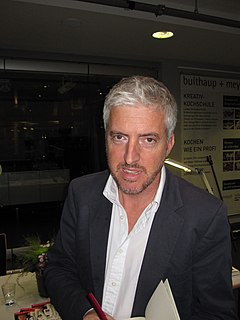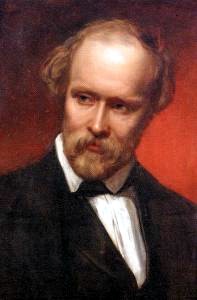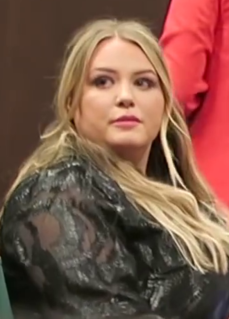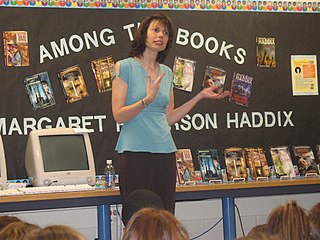A Quote by Georg C. Lichtenberg
Much reading has brought upon us a learned barbarism.
Related Quotes
Friedrich Engels once said: "Bourgeois society stands at the crossroads, either transition to socialism or regression into barbarism." What does "regression into barbarism" mean to our lofty European civilization? Until now, we have all probably read and repeated these words thoughtlessly, without suspecting their fearsome seriousness. A look around us at this moment shows what the regression of bourgeois society into barbarism means. This world war is a regression into barbarism. The triumph of imperialism leads to the annihilation of civilization.
All spiritual growth comes from reading and reflection. By reading we learn what we did not know; by reflection we retain what we have learned. The conscientious reader will be more concerned to carry out what he has read than merely to acquire knowledge of it. In reading we aim at knowing, but we must put into practice what we have learned in our course of study.
The past is to be learned from but not lived in. We look back to claim the embers from glowing experiences but not the ashes. And when we have learned what we need to learn and have brought with us the best that we have experienced, then we look ahead; we remember that faith is always pointed toward the future.
If you haven't learned to ride a bike by the time your peer group has, then suddenly it's an embarrassment and you'll avoid opportunities where you're expected to ride a bike. And then it starts shaping your behaviour. Reading is much subtler, but much more destructive if you have not - for whatever reason - learned to read by the time you should.
And James L. Brooks then sort of became our mentor, brought us out to Los Angeles and worked on the script for a year with us. We learned so much working with him - just being able to spend time with him, the quality of his mind, the things he comes up with and says. I think Wes [Anderson] and I could go to dinner tonight and spend the whole dinner thinking and talking about things that Jim has said to us over the years.
Reading is everything. Reading makes me feel like I've accomplished something, learned something, become a better person. Reading makes me smarter. Reading gives me something to talk about later on. Reading is the unbelievably healthy way my attention deficit disorder medicates itself. Reading is escape, and the opposite of escape; it's a way to make contact with reality after a day of making things up, and it's a way of making contact with someone else's imagination after a day that's all too real. Reading is grist. Reading is bliss.




































